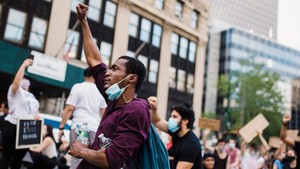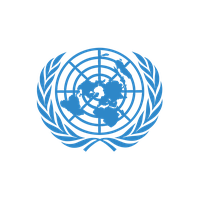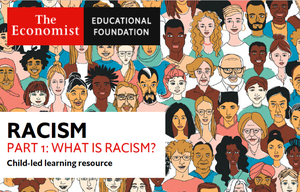
Zero Discrimination Day
Taking place on 1st of March every year.
Recognising all forms of discrimination and equality before the law.
About the event
Zero Discrimination Day is a day created by the UN to raise awareness about the many different kinds of discrimination and how we can go about preventing them. First inaugurated in 2014, the day has a particular association with UNAIDS which uses the day to recognise how those with AIDS are often unfairly segregated from the rest of society.
The day seeks to highlight the right of everyone to live a life of dignity with the same rights and privileges as everyone else. It often focuses on how we can remove discriminatory laws that target specific groups of people with disabilities, different sexualities, ethnicities or religions.
How to approach it
There are three main things to focus on this day: awareness, empathy and action. Firstly, it's important that teachers draw attention to the different ways that people can be discriminated against. Feel free to go through present and historical examples. Some good starting points are women not having the vote, or racial segregation laws. Other examples are AID’s discrimination, inaccessibility for disabled people or male dominated hiring practices.
Secondly, get students to practise putting themselves in the shoes of those discrimination effects. How would they feel if they couldn’t get the right job, enter a building or vote because of who they were? Students may even feel that they or people they know are discriminated against. Sensitively allow these thoughts to be heard and ask the class to think about them.
Lastly, encourage students to thinking about what can be done about discrimination. Talk about social programs that may increase understanding between divided groups. Or about successful social movements of the past that have had their rights recognised.
Organised by
United Nations

Conversation starter
Humanity is incredibly diverse. Around the world, people speak different languages and have different nationalities, cultures, and religions, as well as different ages, genders, abilities and people who they love. We all want to be able to express these differences freely. This day is to remind us that everyone deserves to be treated equally by the law. What can we do to make everyone feel welcome and included?




